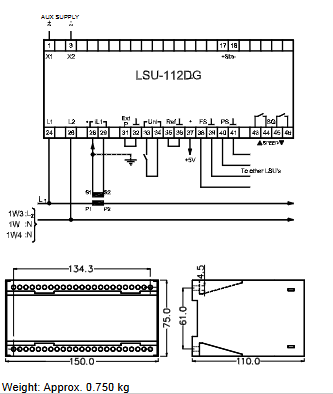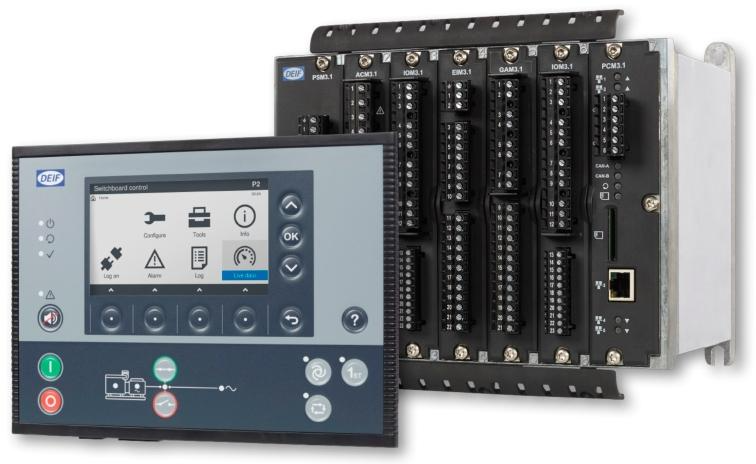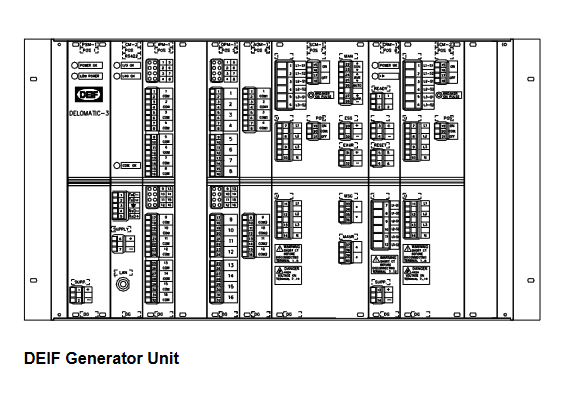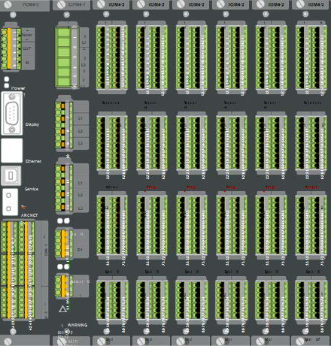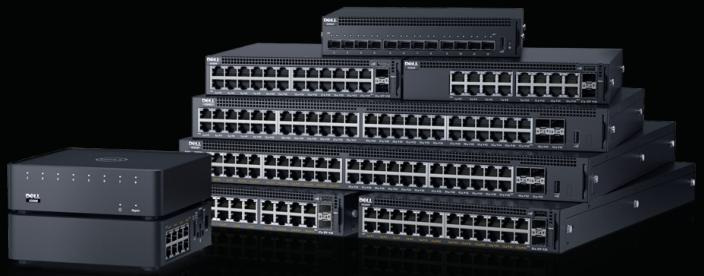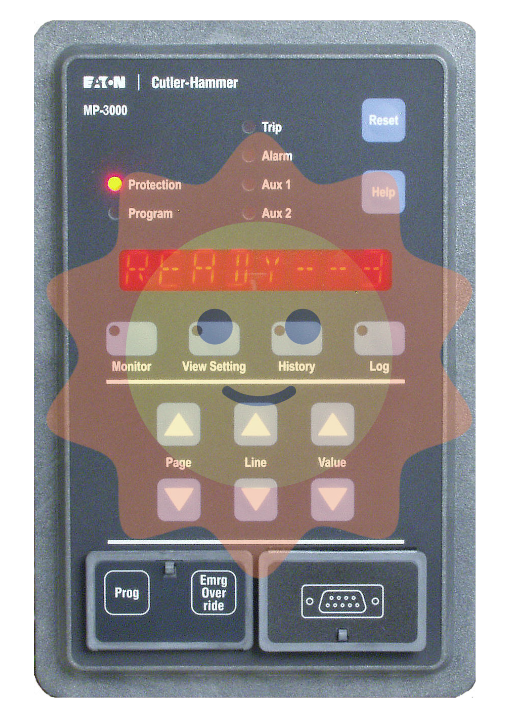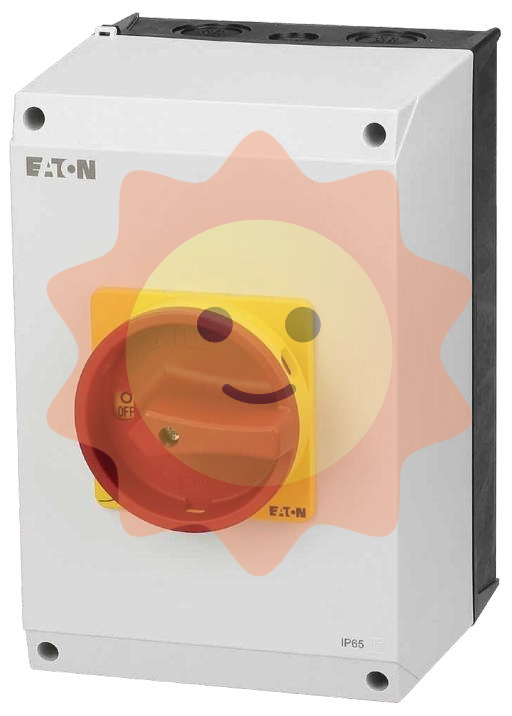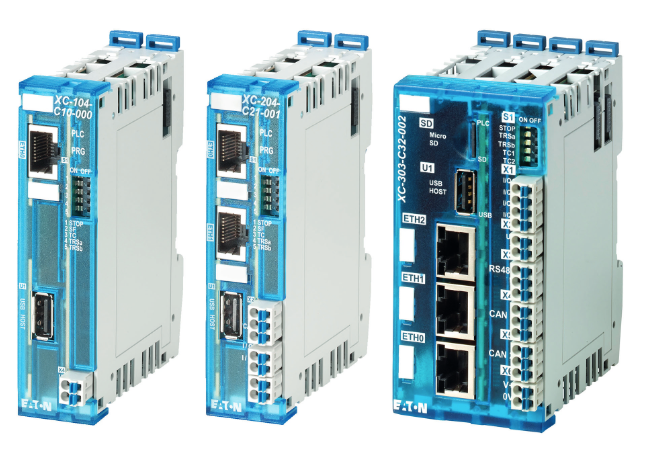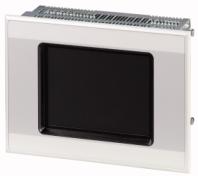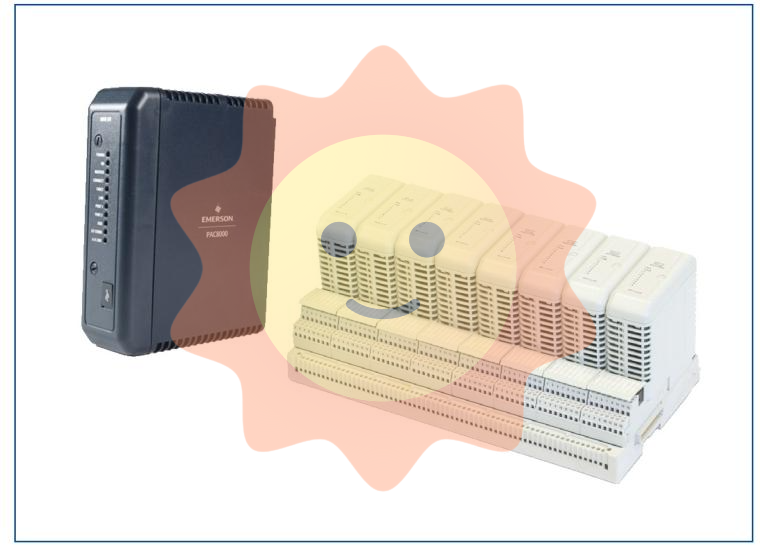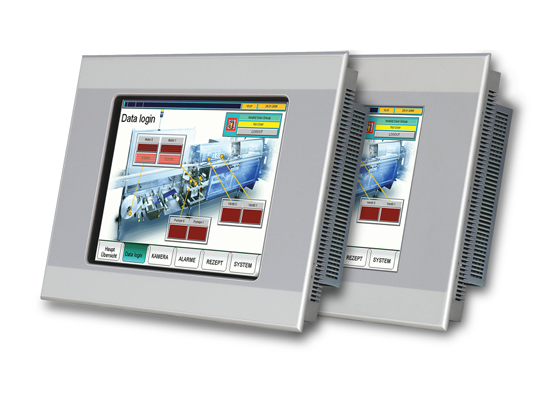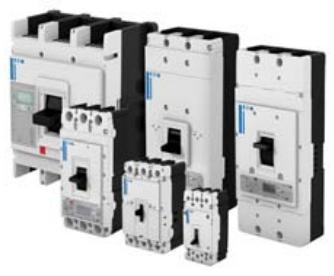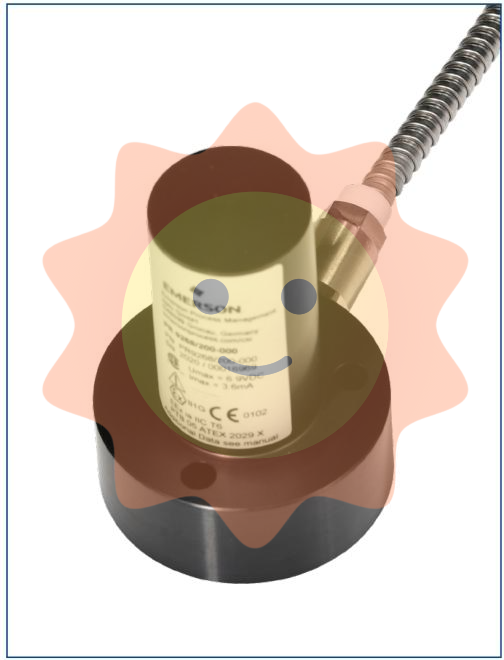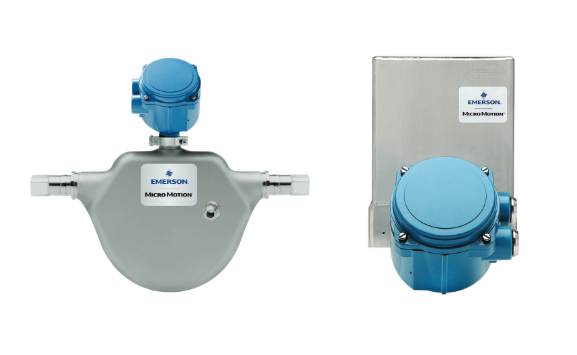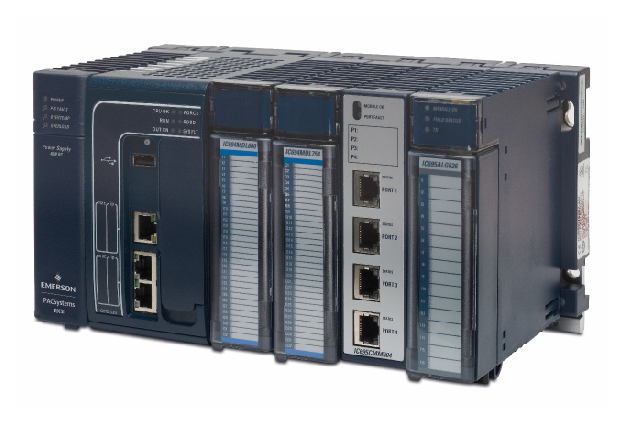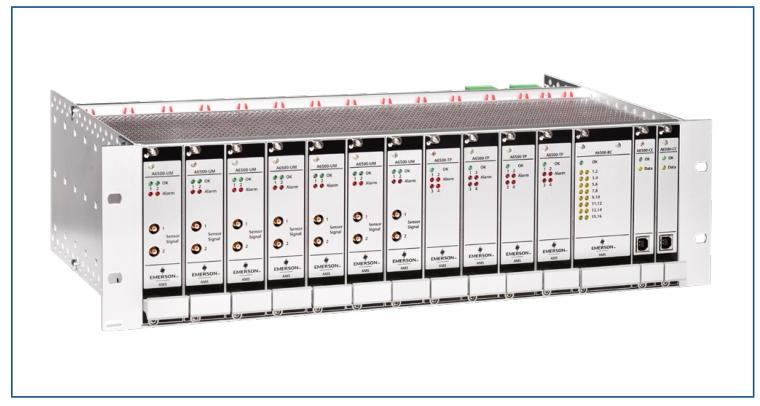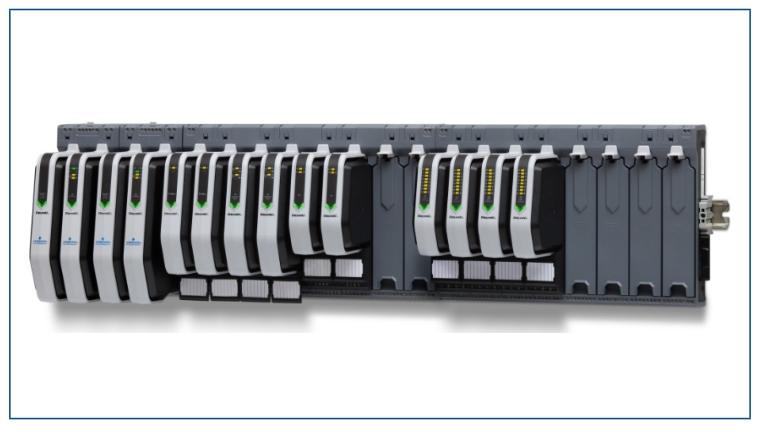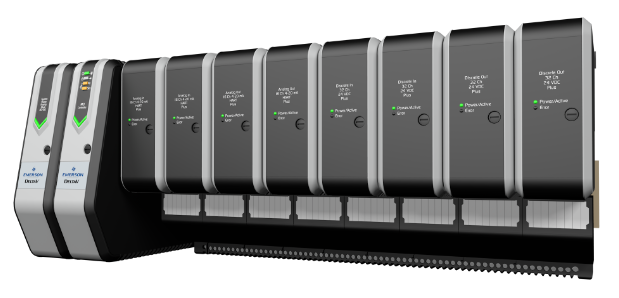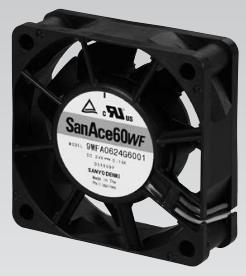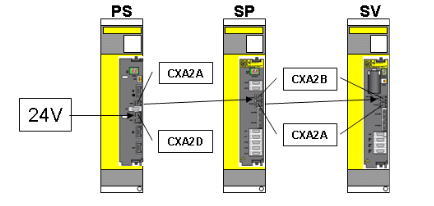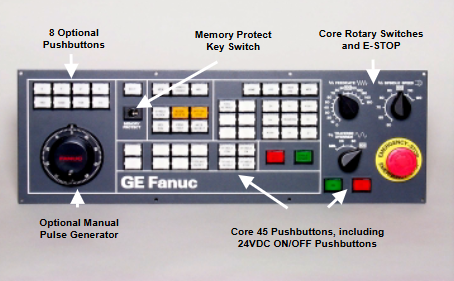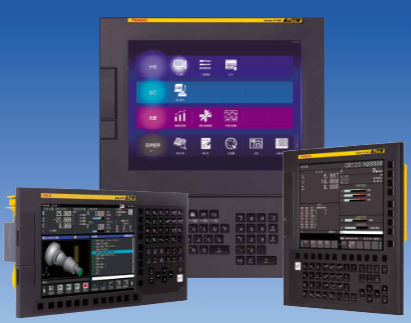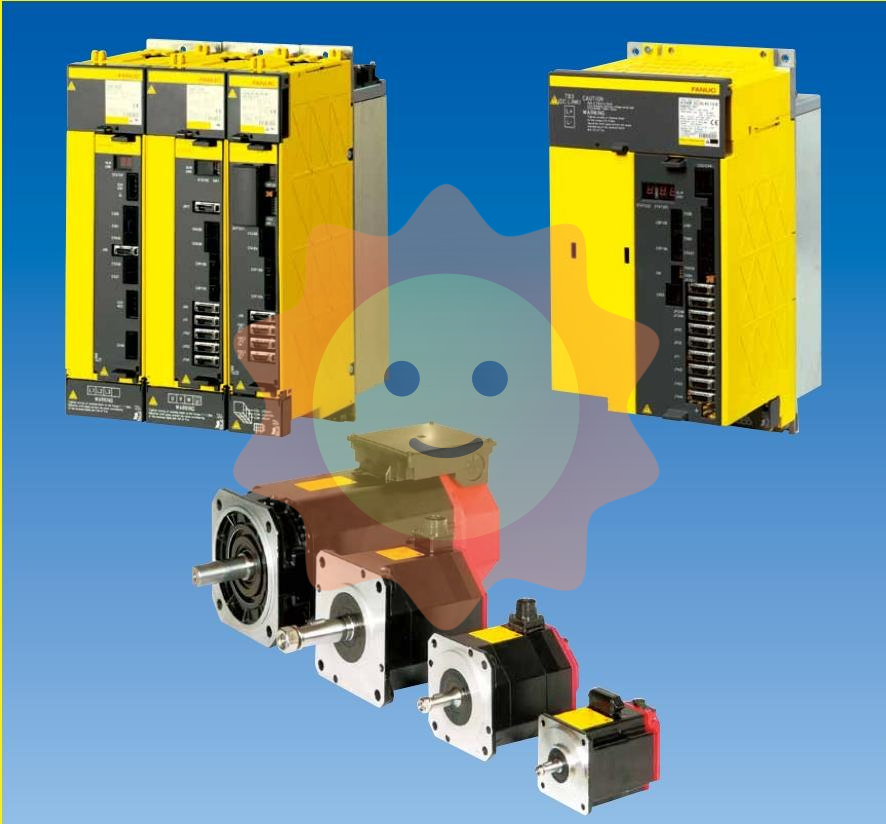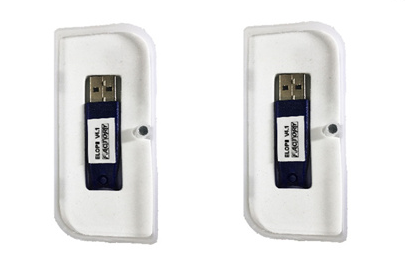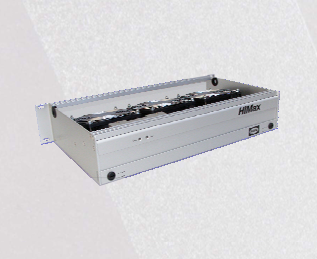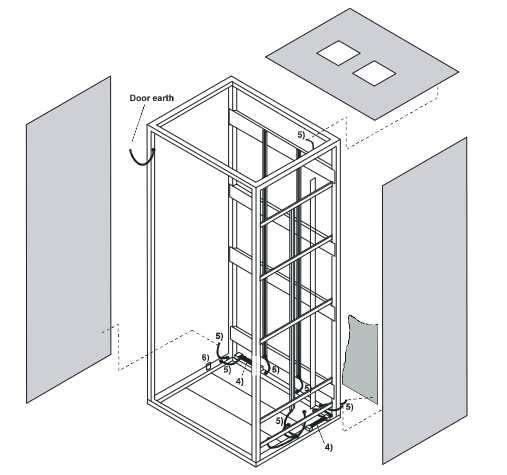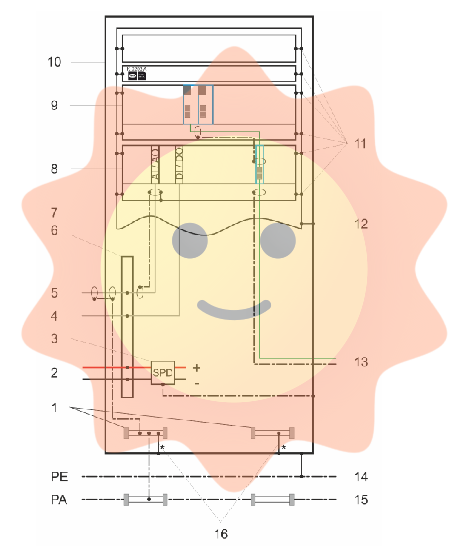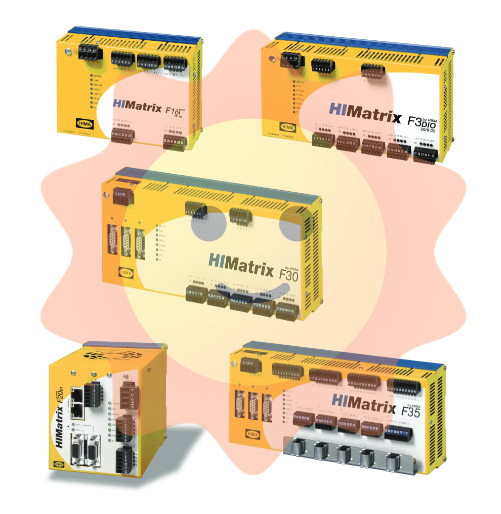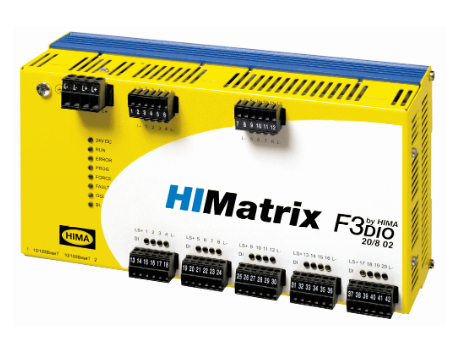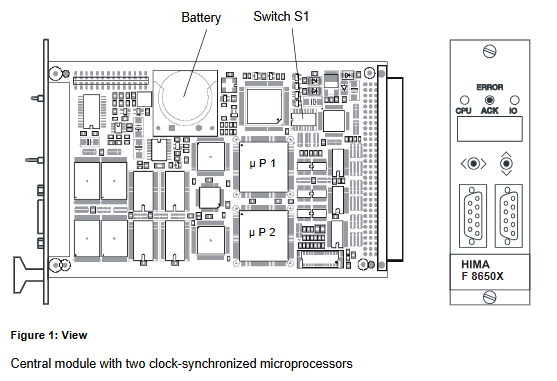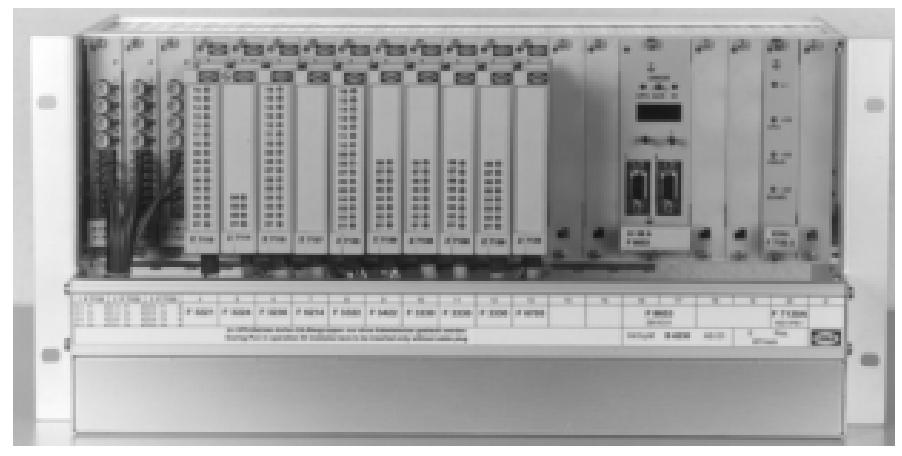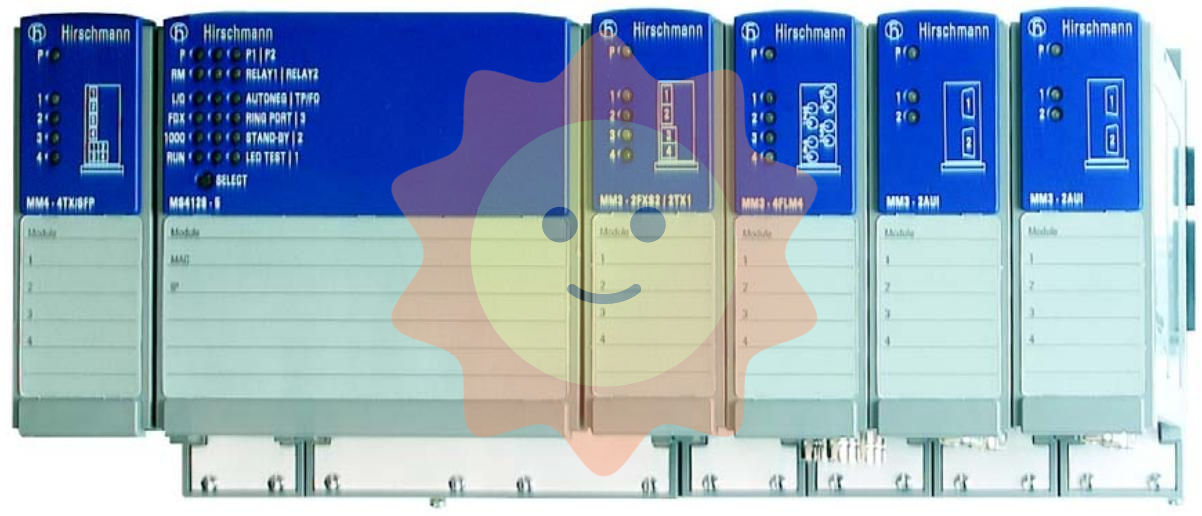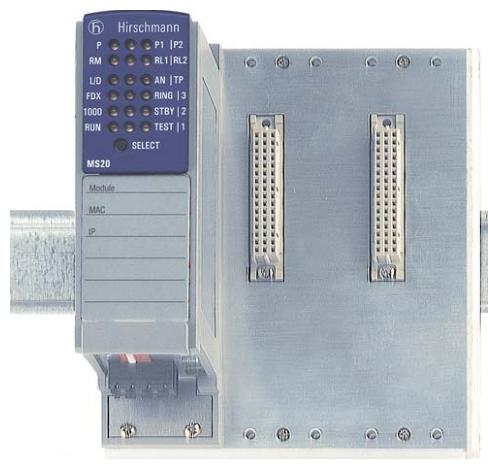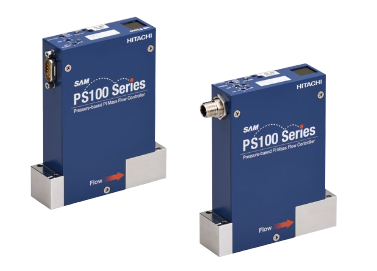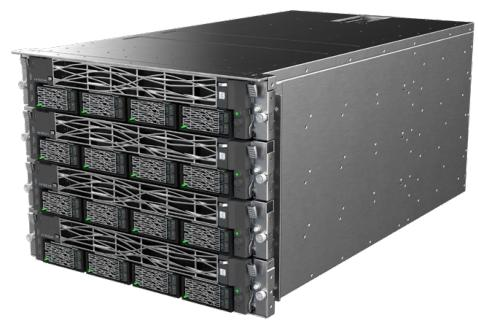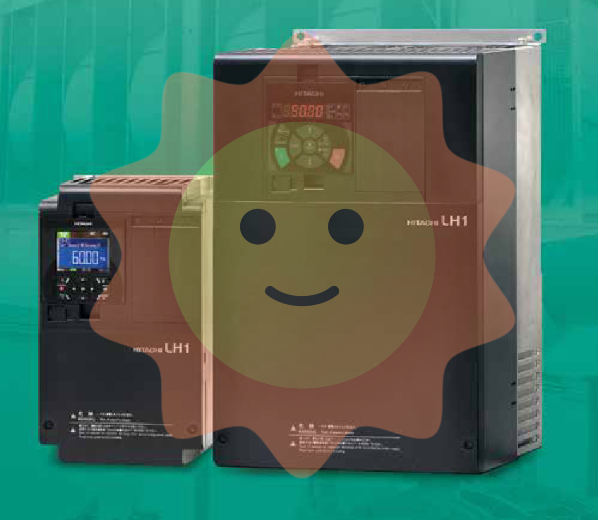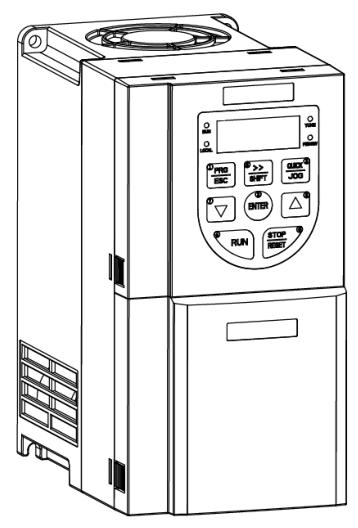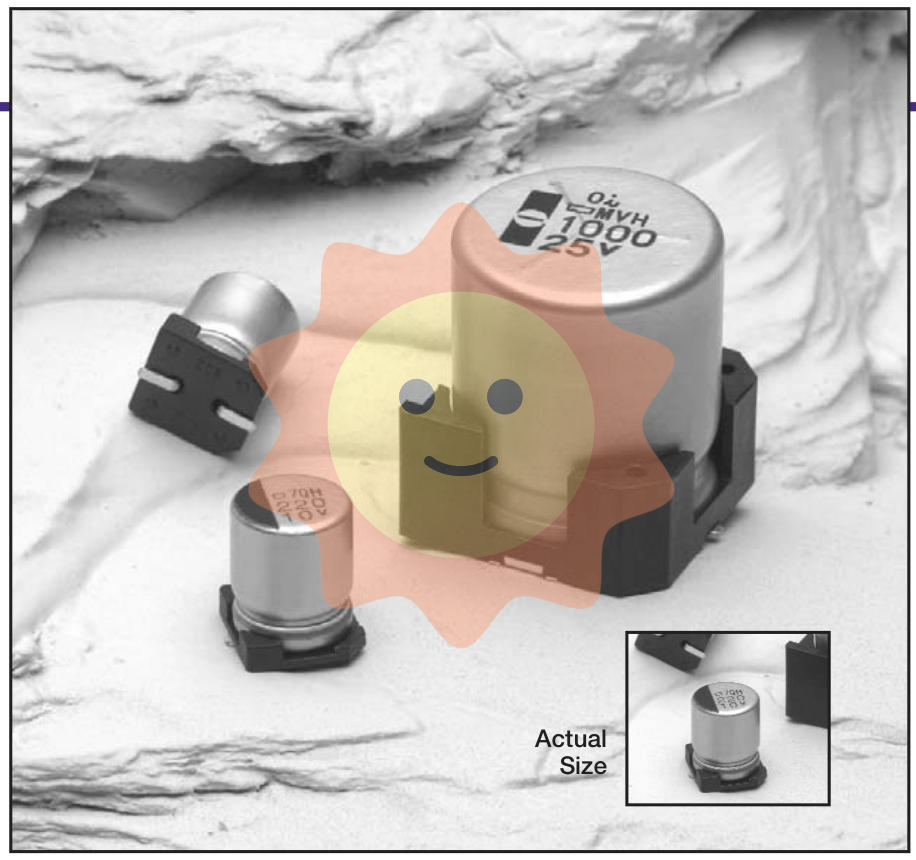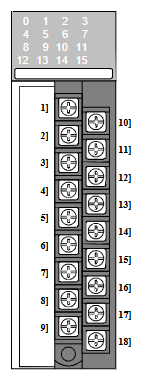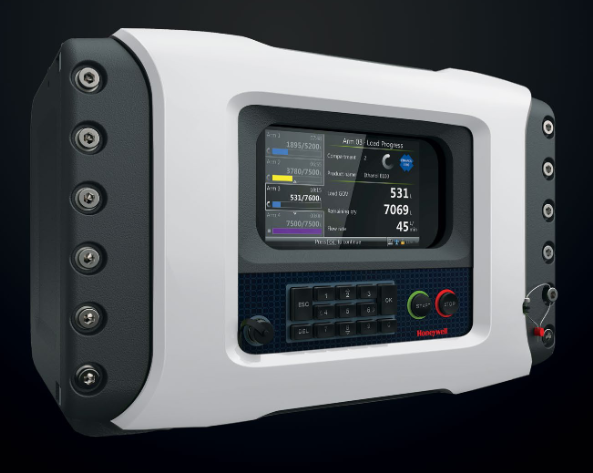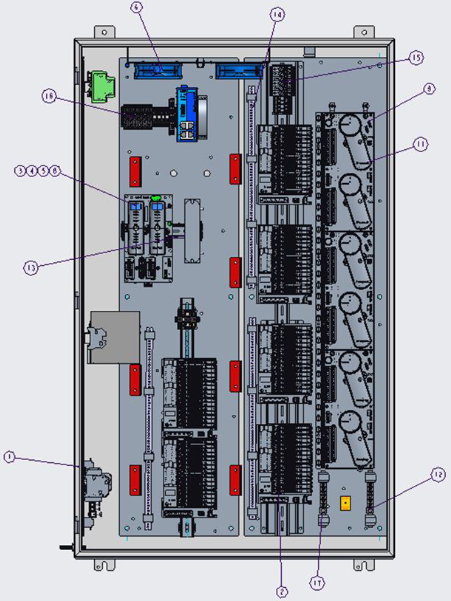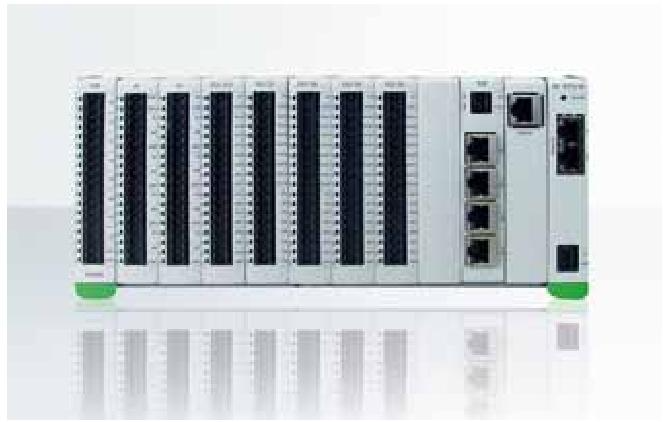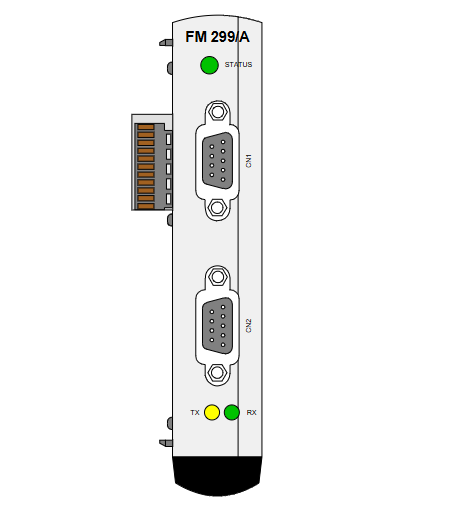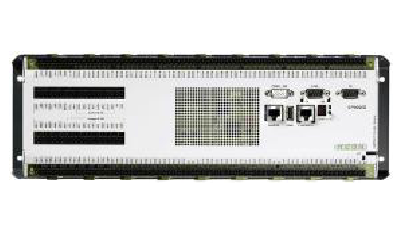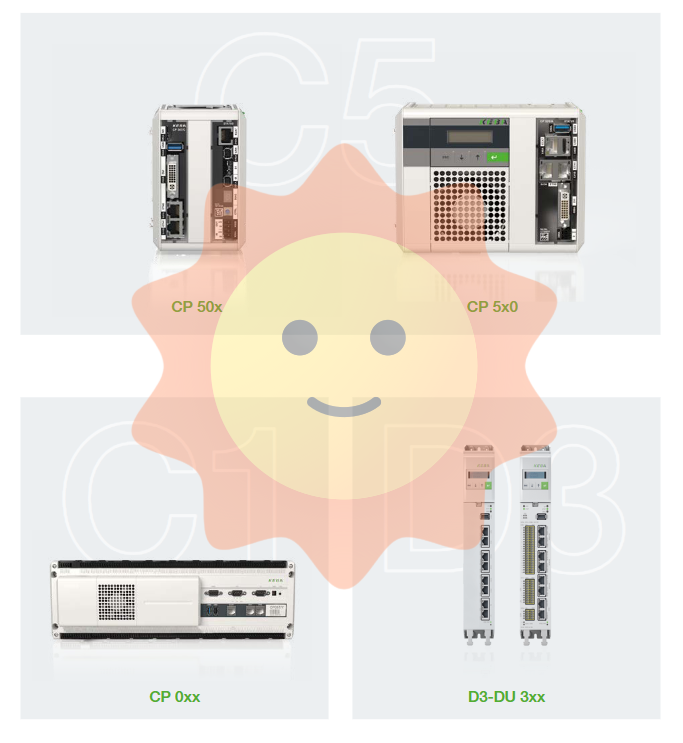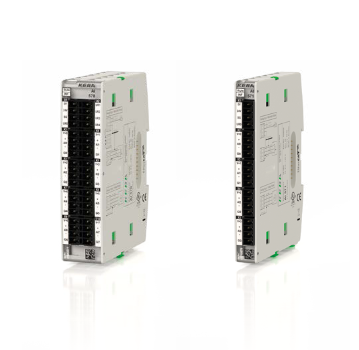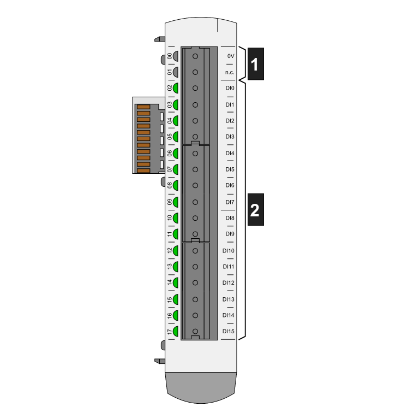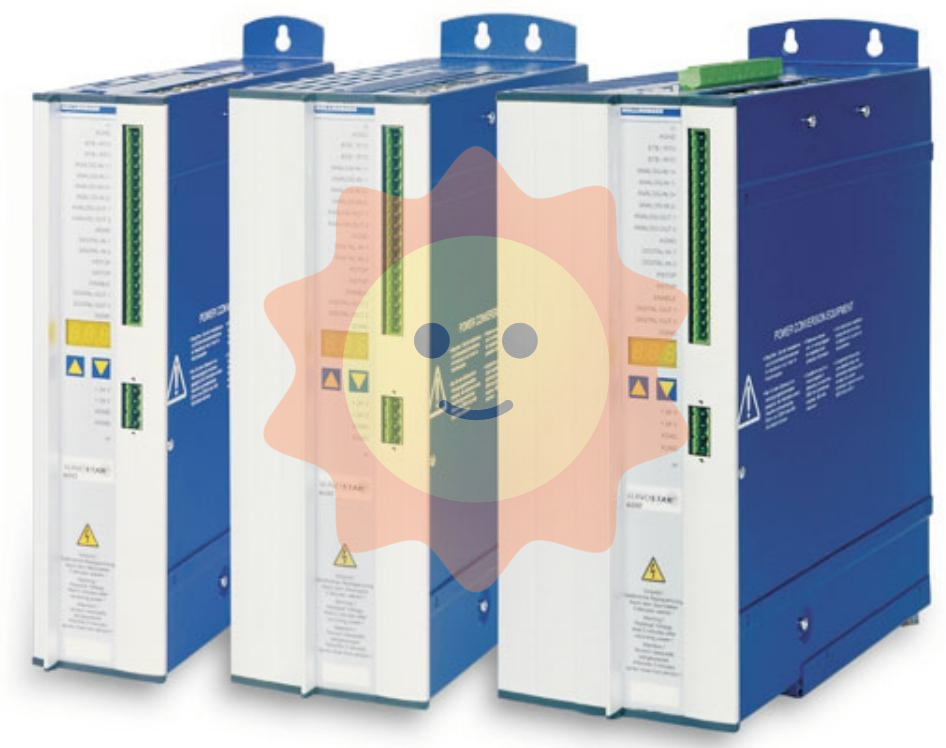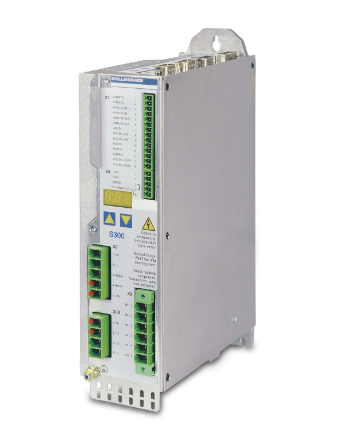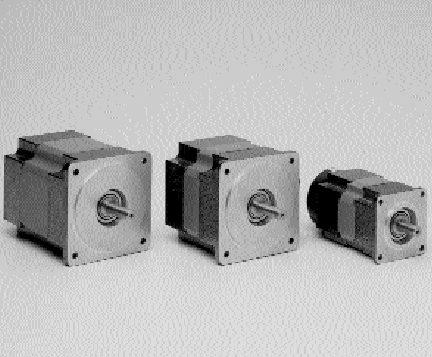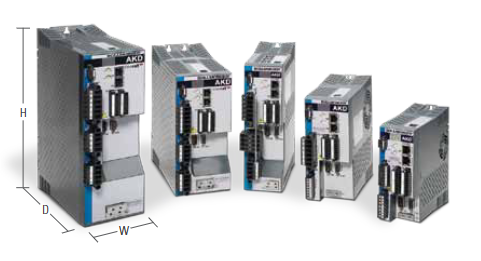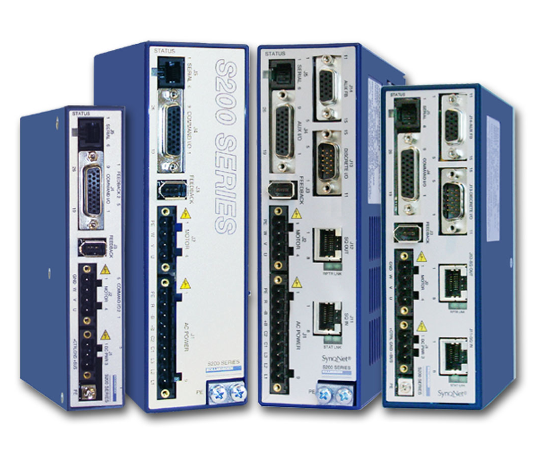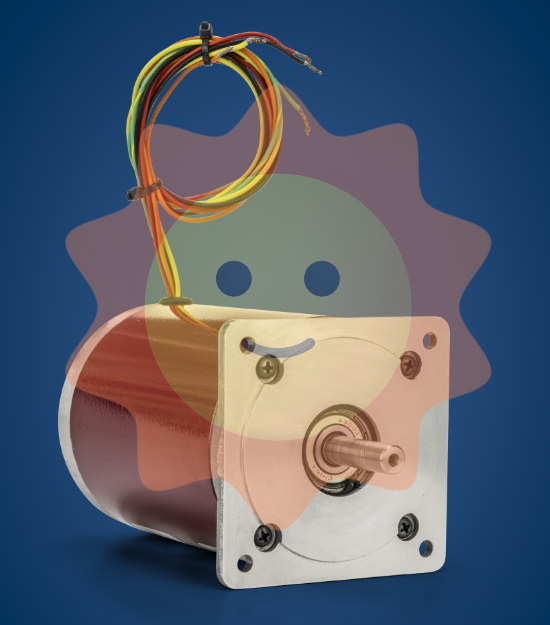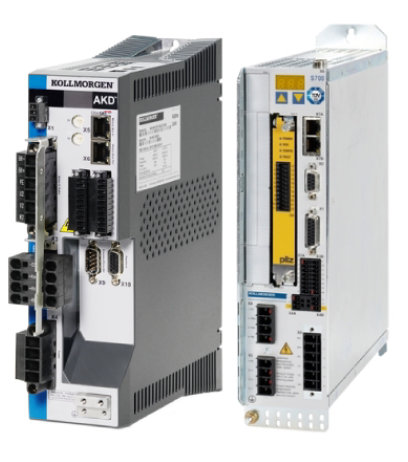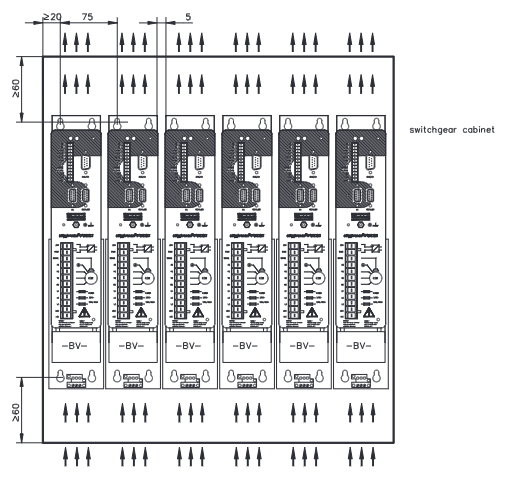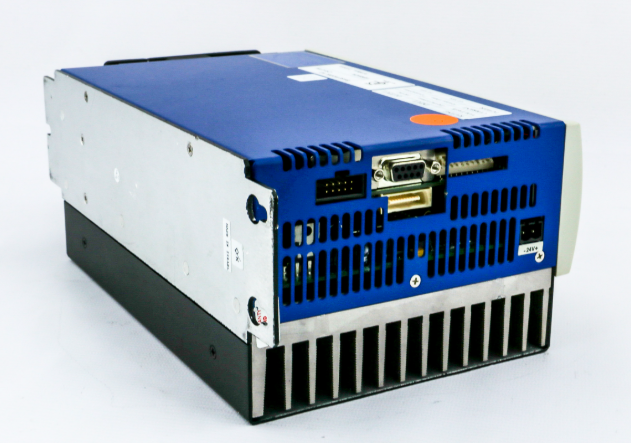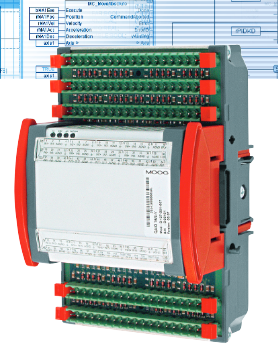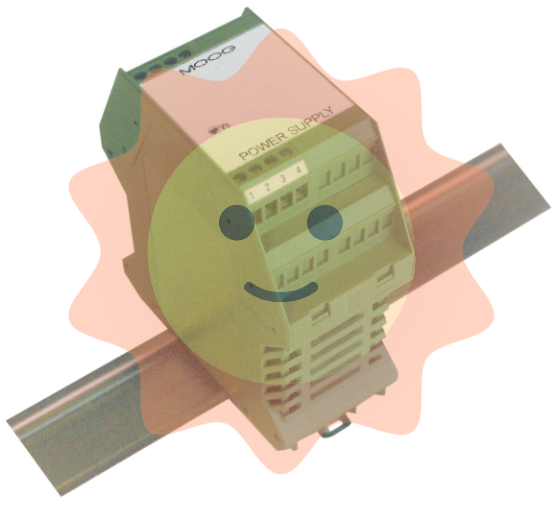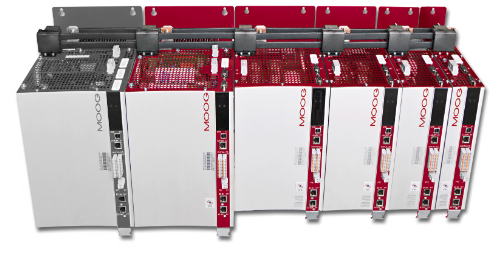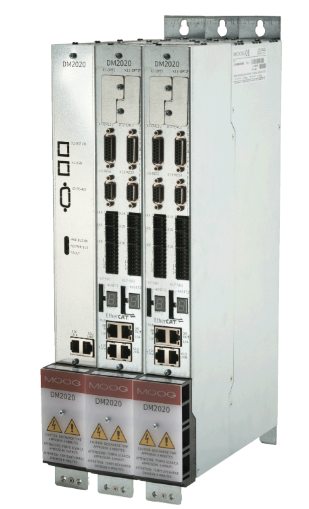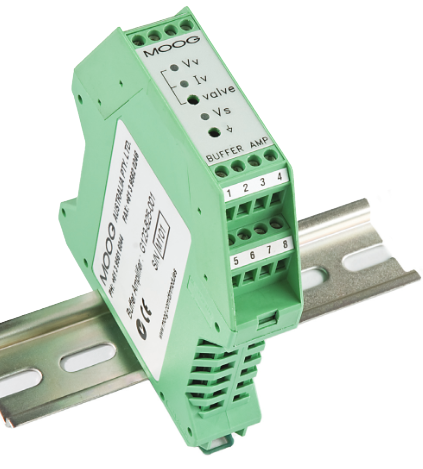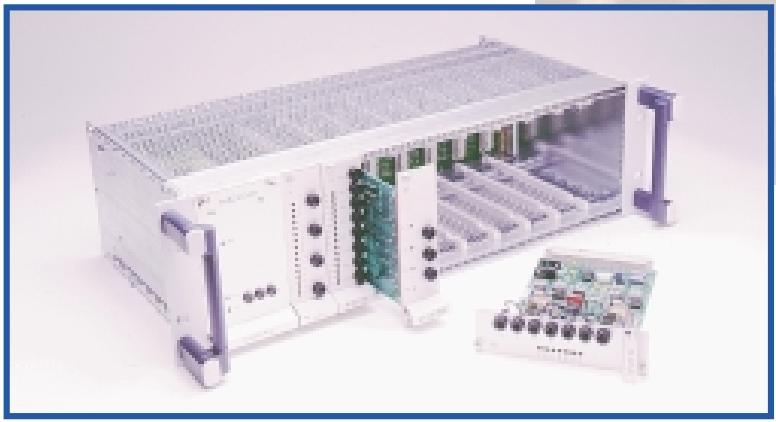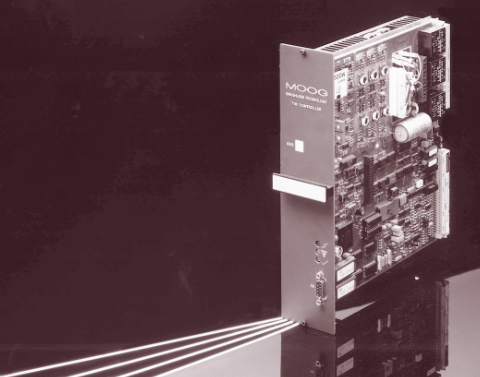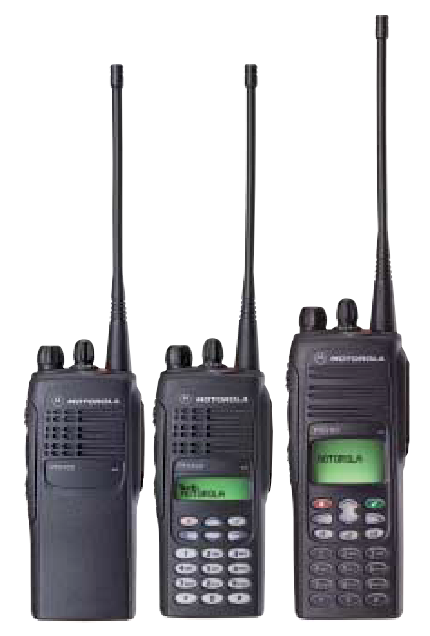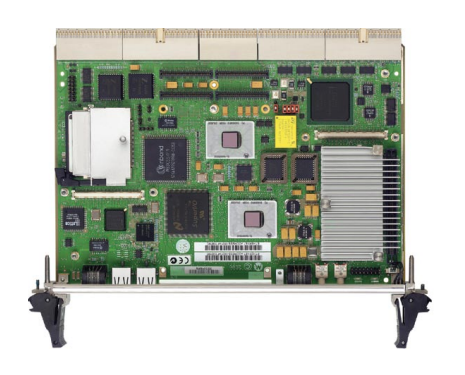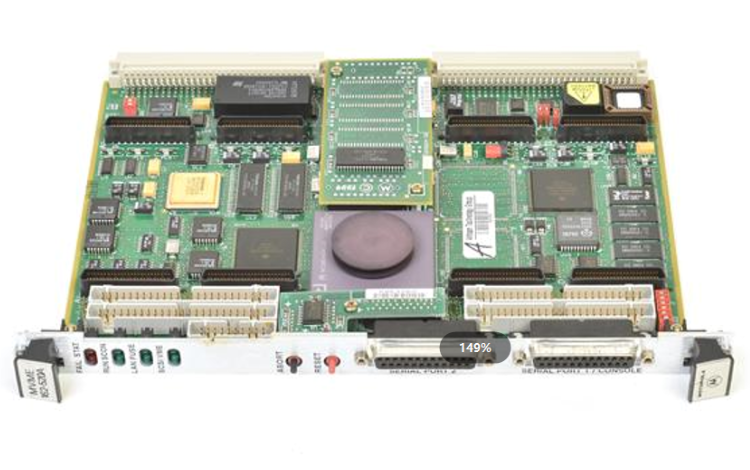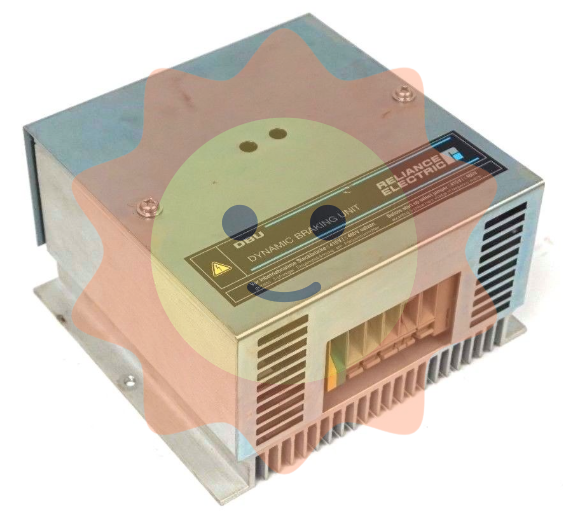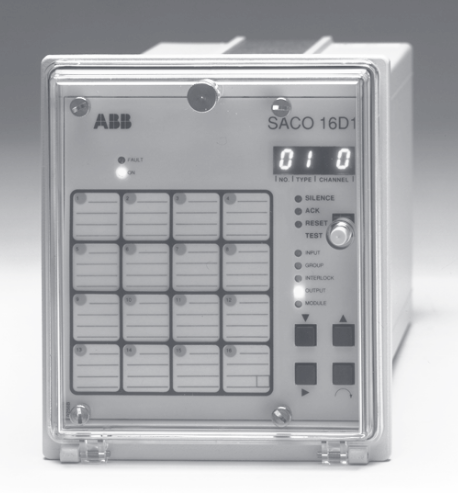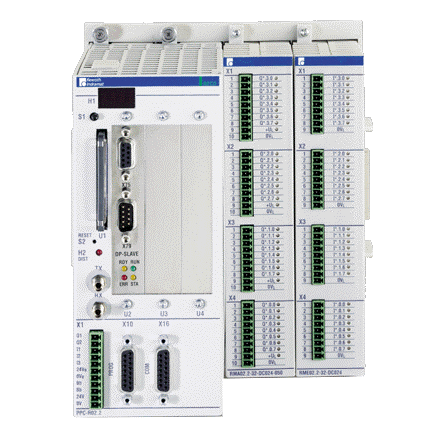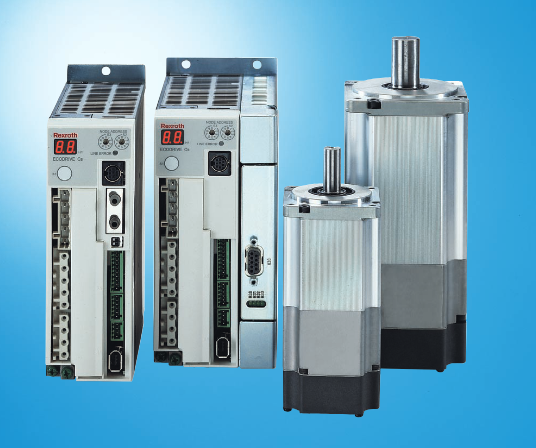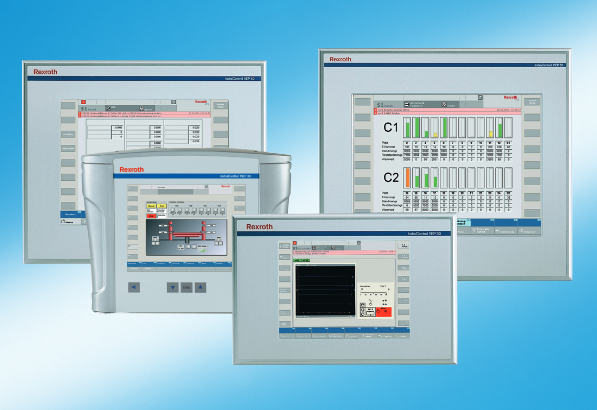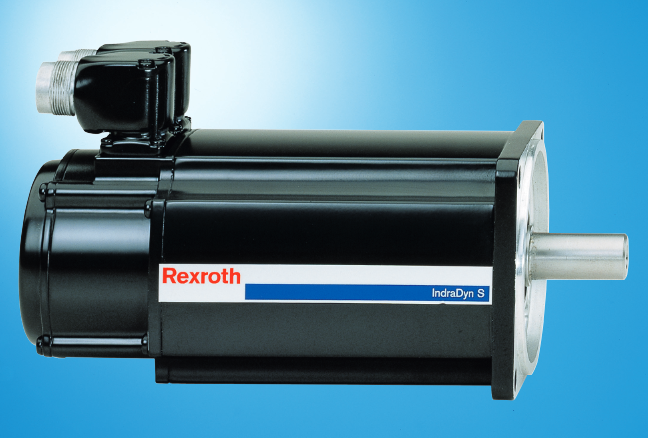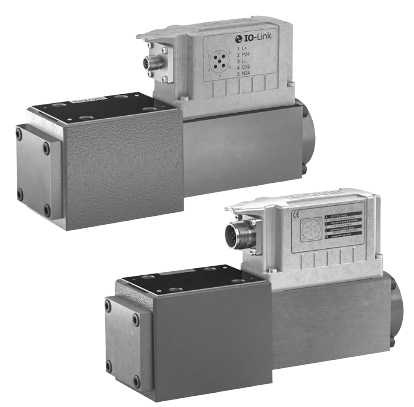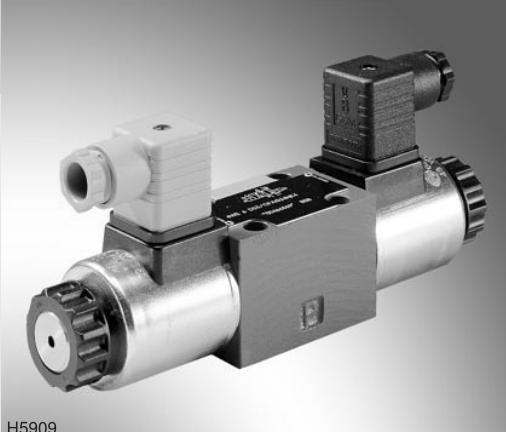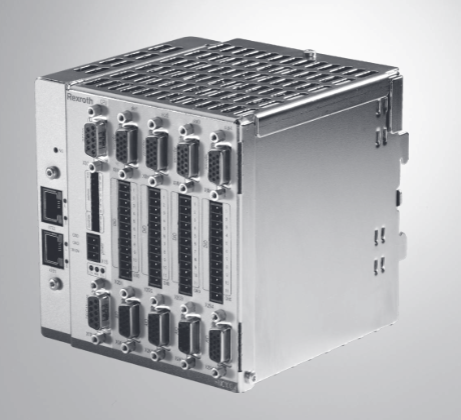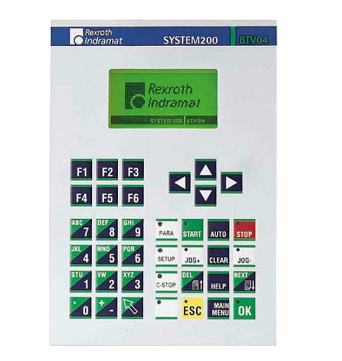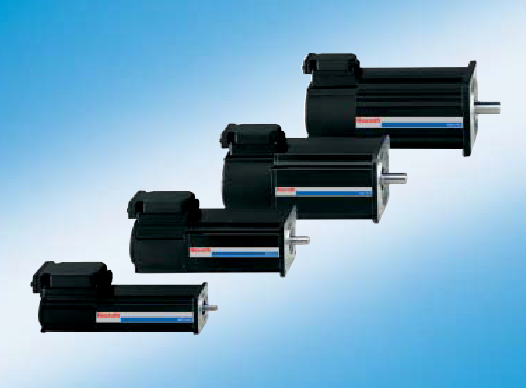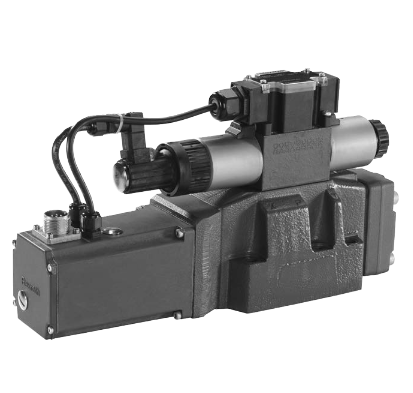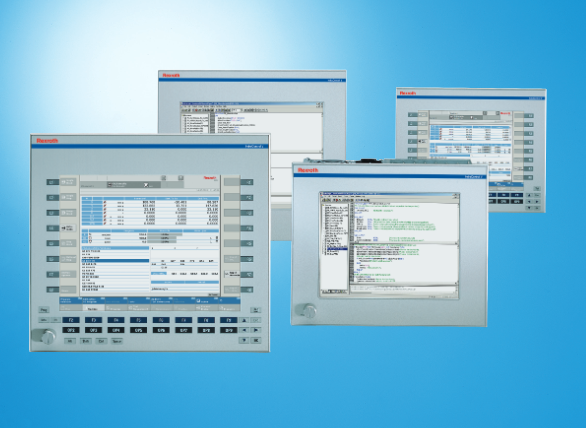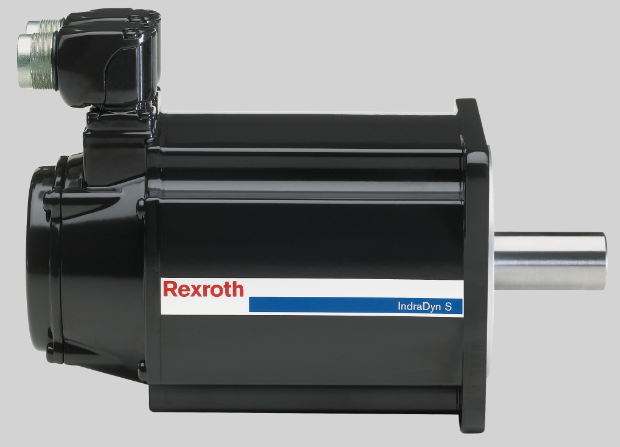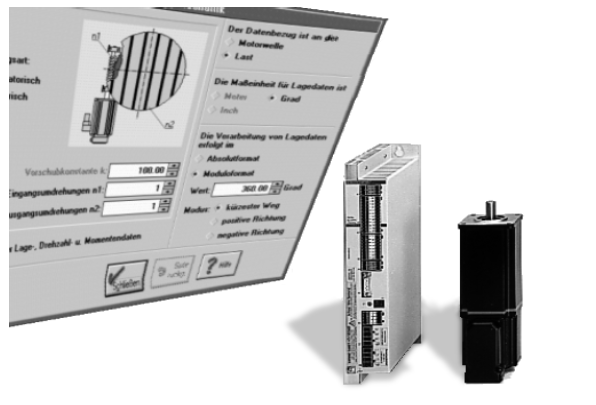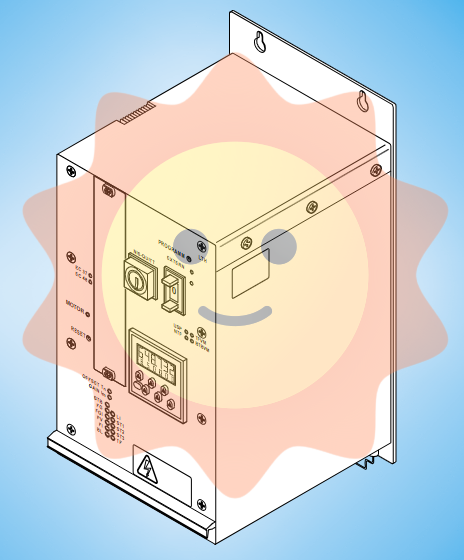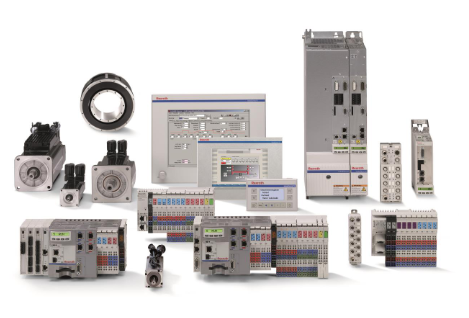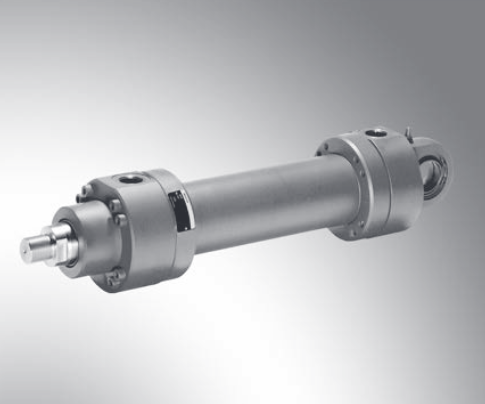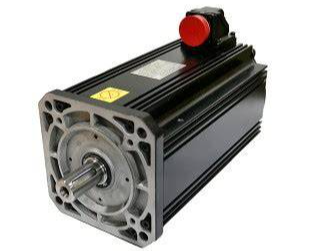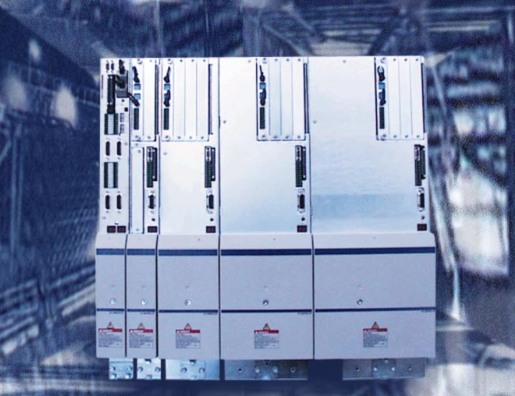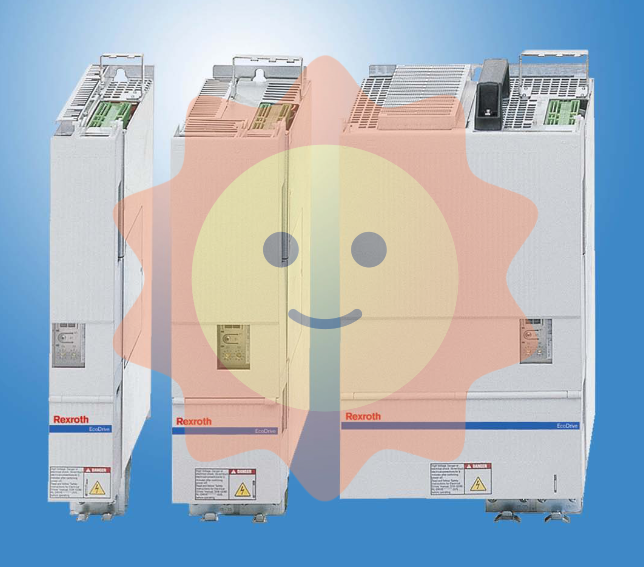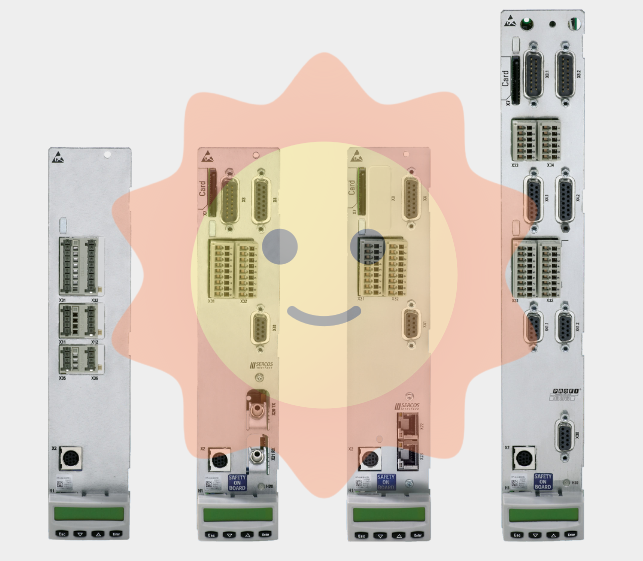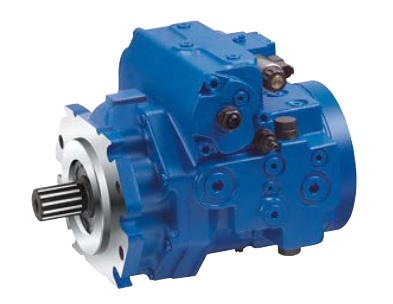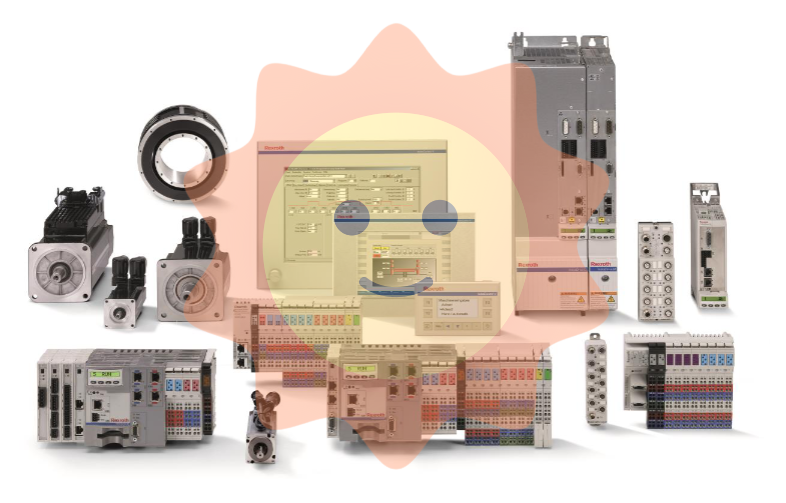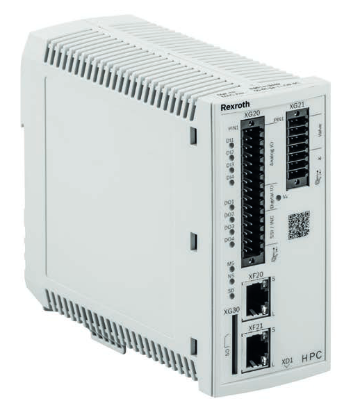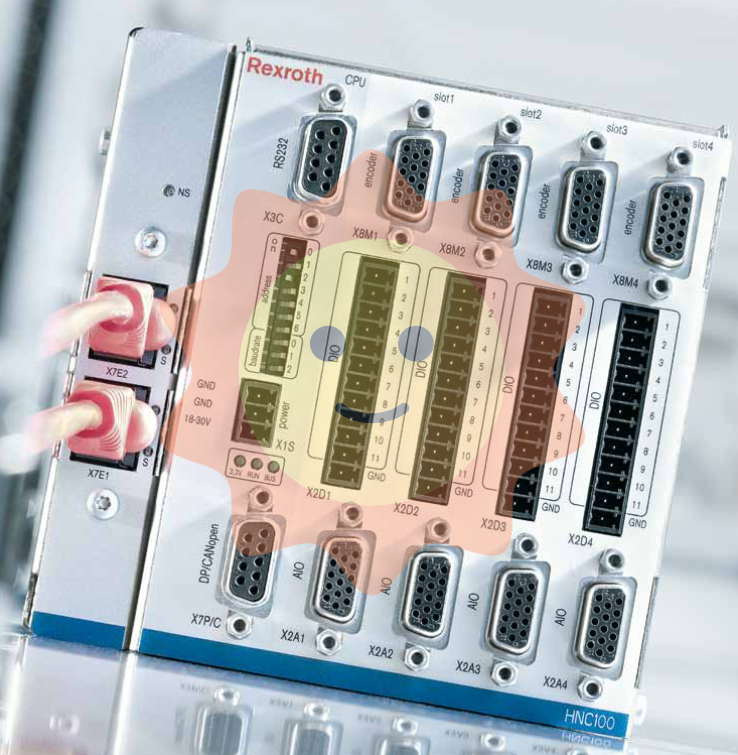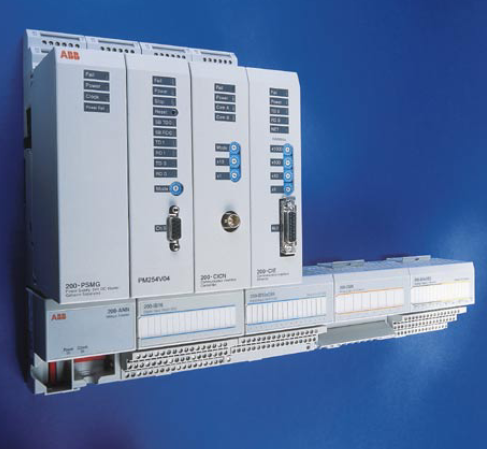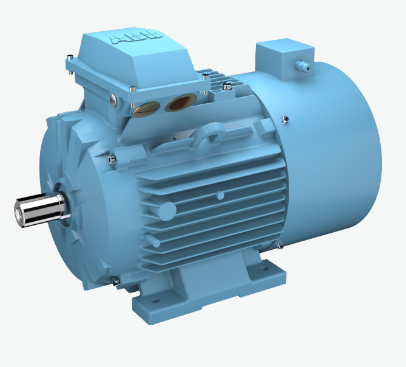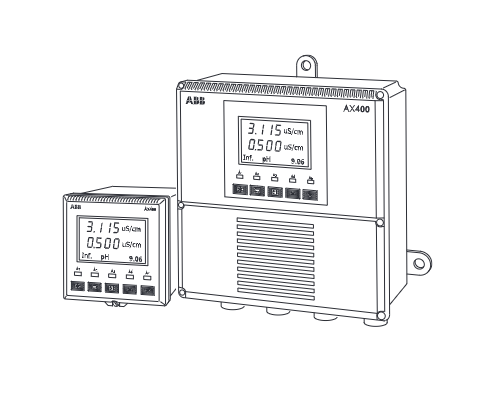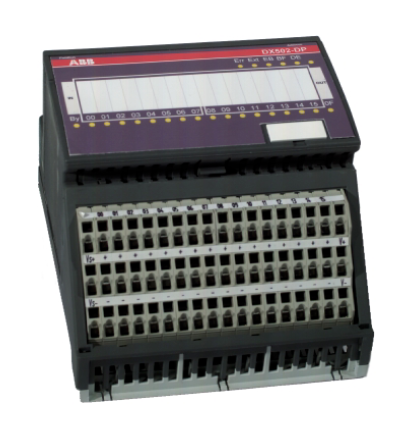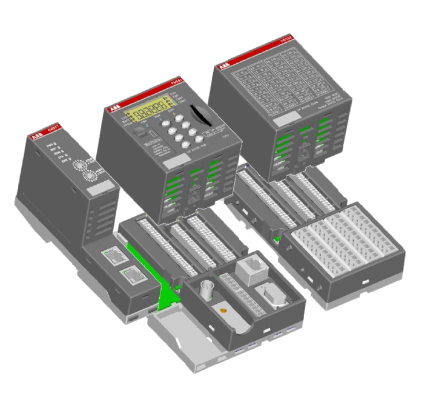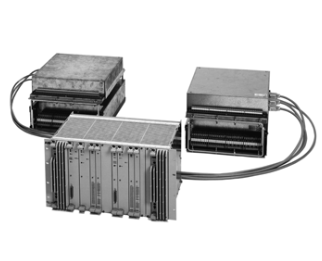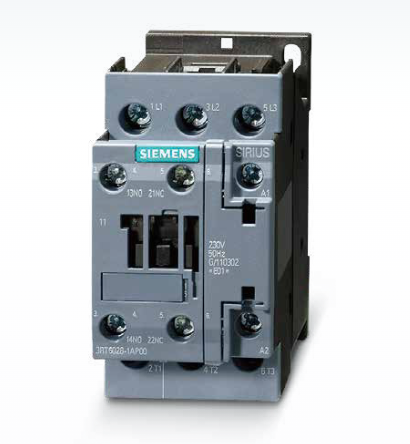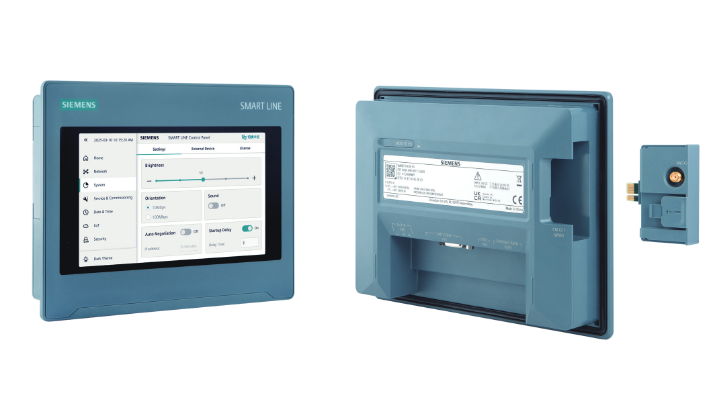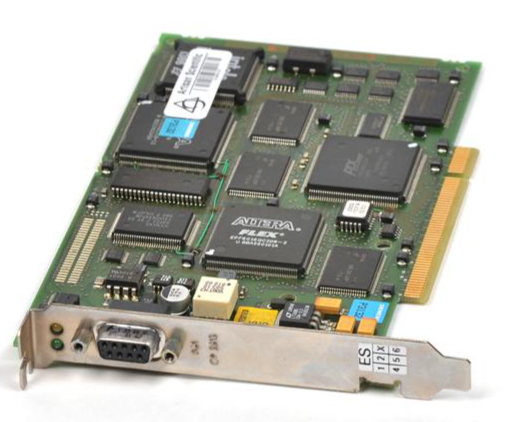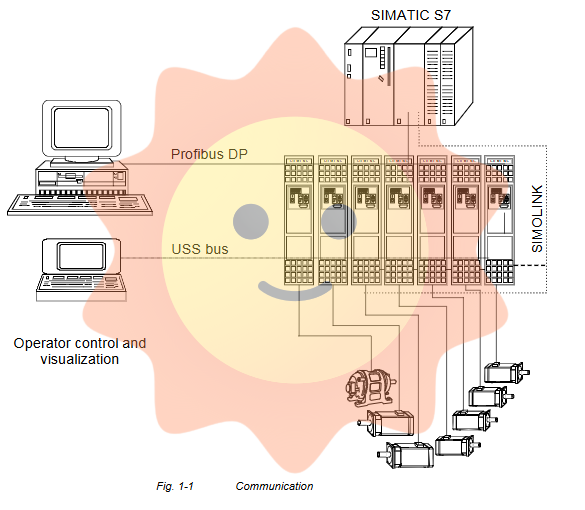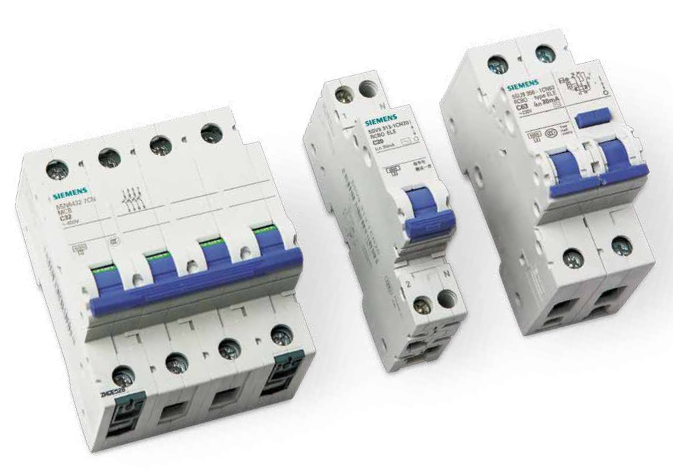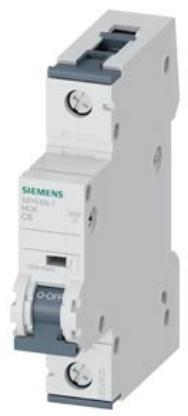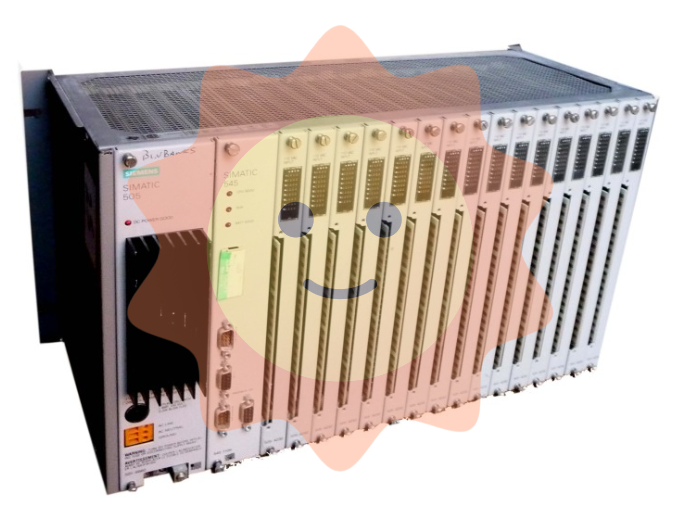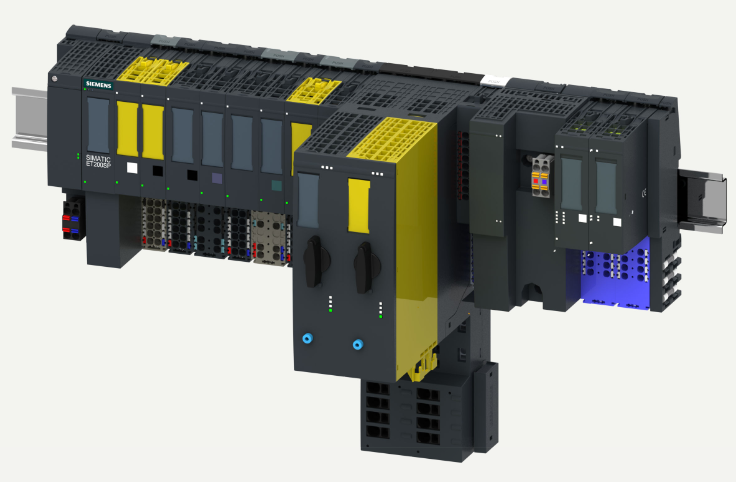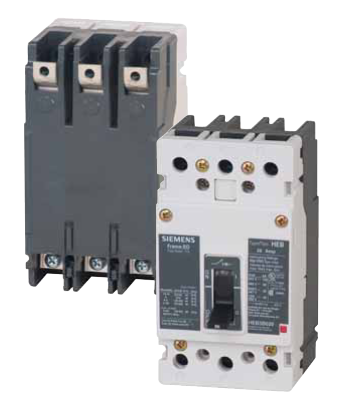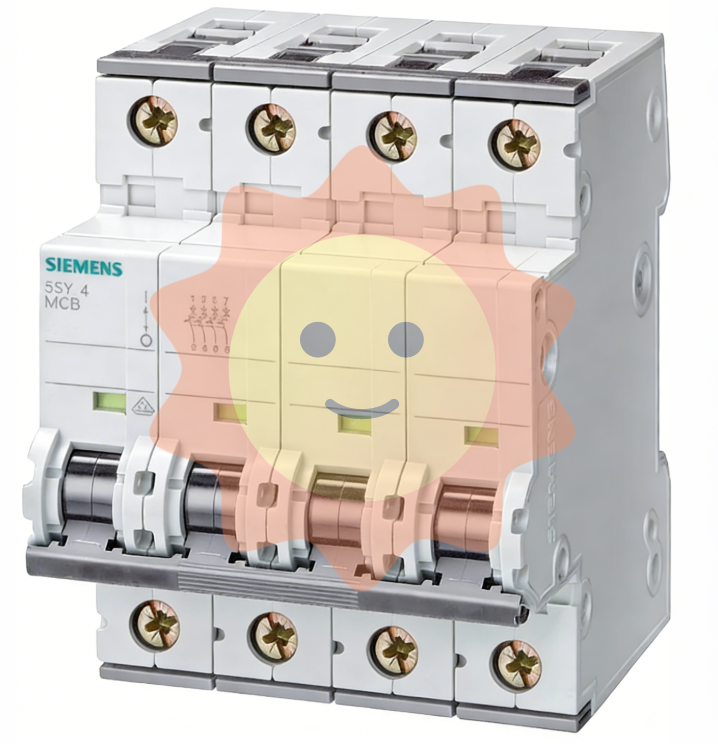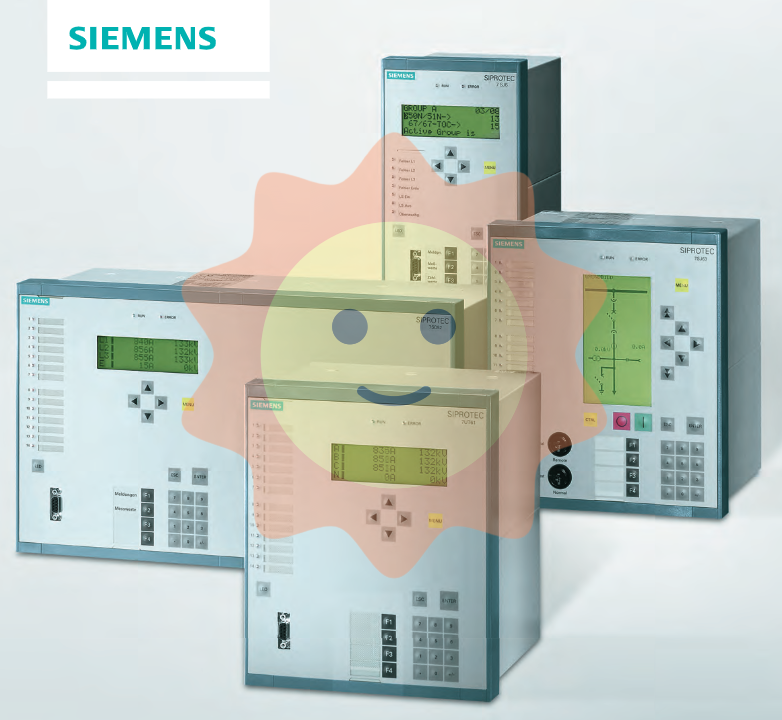This controller module is the core control unit in ABB industrial automation systems, with high reliability and strong adaptability. The following are key identification information for accurate matching during equipment selection, procurement, and maintenance:
-Core model: 500MBA02
-Order numbers: 1MRB150003R0003, 1MRB200053/M
-Series: ABB Industrial Controller Series (usually compatible with specific DCS or PLC systems, specific needs to be confirmed based on actual application scenarios)
ABB 500MBA02 1MRB150003R003 1MRB200053/M Controller Module
Basic information of module
This controller module is the core control unit in ABB industrial automation systems, with high reliability and strong adaptability. The following are key identification information for accurate matching during equipment selection, procurement, and maintenance:
-Core model: 500MBA02
-Order numbers: 1MRB150003R0003, 1MRB200053/M
-Series: ABB Industrial Controller Series (usually compatible with specific DCS or PLC systems, specific needs to be confirmed based on actual application scenarios)
Core functions and features
As the "control center" of the system, this module integrates core functions such as data processing, logical operations, and instruction output, and its characteristics fully meet the demanding requirements of industrial sites:
1. Efficient data processing capability: Equipped with a high-performance processor, it can quickly respond to input signals, complete complex logical operations and data processing, ensure the real-time performance of the control system, and is suitable for multivariable, high-frequency control scenarios.
2. Stable communication adaptation: Supports multiple industrial communication protocols (such as PROFINET, Modbus, EtherNet/IP, etc., specific protocols need to refer to the product manual), can achieve seamless data interaction with sensors, actuators, upper computers and other devices, and build a stable control network.
3. High reliability design: Industrial grade components are used, which have the characteristics of anti electromagnetic interference, wide temperature operation (usually supporting ambient temperatures of -20 ℃~60 ℃, please refer to the manual for details), anti vibration, etc., and can adapt to harsh industrial environments such as metallurgy, chemical industry, and power.
4. Flexible expansion capability: Supports the combination of I/O modules, communication modules, and other peripherals in the same series as ABB, and can flexibly configure the system scale according to control requirements, reducing the cost of later expansion.
5. Convenient maintenance and diagnosis: The module comes with status indicator lights (such as power, operation, faults, etc.), which can quickly locate equipment operation abnormalities; Some models support online diagnostic function, which facilitates engineers to remotely troubleshoot problems and reduce downtime.
Applicable scenarios
This controller module, with its stable performance, is widely used in various industrial automation control fields, with typical scenarios including:
-Power industry: power station auxiliary control, power grid distribution automation system
-Chemical industry: closed-loop control of reactor temperature and pressure, production line process linkage
-Metallurgical industry: Rolling and heating furnace control in steel production process
-Manufacturing industry: assembly line automation control, equipment linkage and interlocking protection
-Municipal engineering: process control of sewage treatment plants, scheduling of water supply systems
Instructions for Use and Maintenance
1. Installation specifications: Wiring and fixing must strictly follow ABB's official installation manual to ensure good module grounding, avoid close installation with strong interfering equipment (such as frequency converters), and prevent signal interference.
2. Power requirements: Connect to a DC or AC power source that meets the module specifications (specific voltage parameters are subject to the product nameplate). Overvoltage and overcurrent connections are strictly prohibited to avoid module burnout.
3. Firmware upgrade: If you need to upgrade the module firmware, you need to use the dedicated software and upgrade package provided by ABB to avoid module failures caused by unofficial programs.
4. Regular maintenance: Regularly clean the dust on the surface of the module and the heat dissipation holes, check whether the wiring terminals are loose, and ensure the long-term stable operation of the equipment; The maintenance cycle needs to be shortened in harsh environments.
5. Spare parts procurement: When purchasing spare parts, a complete order number (1MRB150003R0003 or 1MRB200053/M) must be provided to avoid equipment incompatibility due to model deviations.
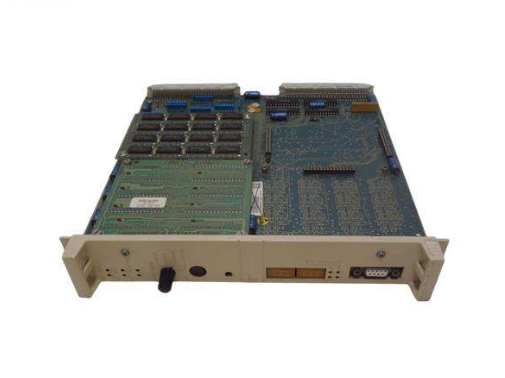
- User name Member Level Quantity Specification Purchase Date
- Satisfaction :
-










